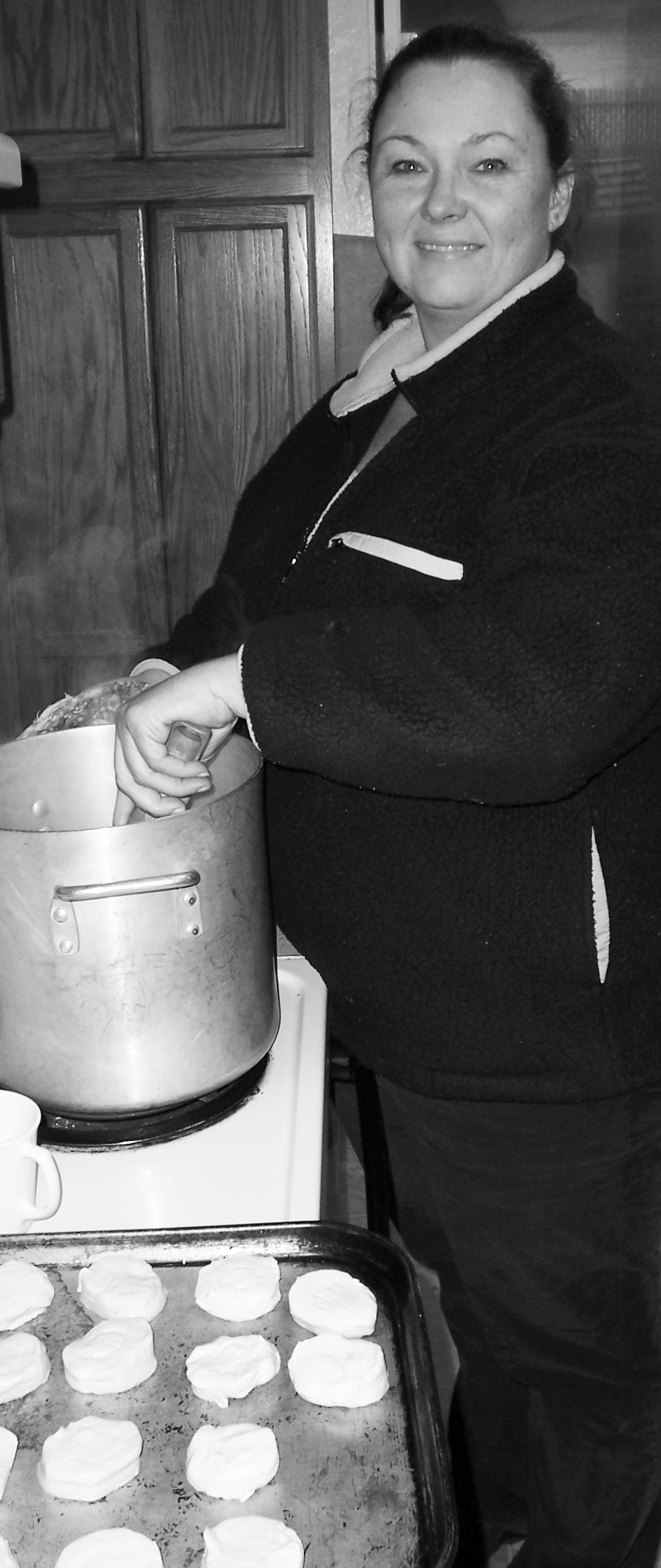April 2014 Newsletter
Download a PDF to read the full newsletter. Or read our featured article below.
Not A Matter Of Choice

We do not choose our historical setting, culture, genetic features, talents or deficiencies. Stephanie did not choose to have bipolar disorder, a condition characterized by alternating periods of mania (highs) and mental depression (lows). It usually starts between 15 and 30 years of age. Stephanie was 17 when she was diagnosed. She said it was confirmed in an IQ test (Intelligence Quotient) a measure of general mental ability – reasoning, memory, processing, speed, decision making, attention span. The exact cause of the disorder is not known, but it is linked to genetics. Biochemical and environmental factors play a role. During the developing years of the brain, a chemical imbalance prevents proper maturing of certain factors like the emotions. It affects the way one thinks, acts, feels; and it can be devastating for a teenager. It lasts a lifetime. There is no cure. Every person and illness is different, so is the treatment, trying various medications and doses. Medications work on the chemical imbalance and psychotherapy (counseling) can help a person learn more about the illness and how to cope with the mood swings.
Stephanie received no medication or counseling in her formative years. She was left to navigate through a debilitating condition on her own. She said that there has been too much of a stigma attached to bipolar disorder. When people become aware of it, their attitude changes. Doors of opportunity and relationships close. She proceeded on with life, college and family. She did well in school, receiving a Master’s Degree in a professional field. Stephanie married and had three children. For many years, she worked in her field of expertise, but was always haunted by emotions too powerful to self-control. So she would self-medicate with alcohol. It only intensified the problem. She had a bipolar disorder and a substance abuse problem, a dual diagnosis that is even harder treat.
Professionally, the problem surfaced when she received a ticket for Driving Under the Influence of Intoxicants. Her certification was revoked by the state board of licensing. On the one hand, the state has certain standards to uphold; on the other hand, Stephanie lost her means of livelihood. It was an emotional blow to her identity. Her education and career had always given her value and structure. She needed to redefine herself, only this time within the parameters of an illness that she had not yet fully accepted. And local resources have not been able to meet the great need.
Stephanie said, “When I came to Samaritan Inn, I was in denial, bitter, angry, crushed and fractured, completely hopeless. I had to be willing to let God make a change; and that was what I was not willing to do my whole life, because that was the one thing that I had control of. I never had friends because nobody understood me. Women at Samaritan Inn understand me. There is another side to life besides prestige, material things and independence from other people having to help me. I am a Christian, and I have renewed my walk with the Lord in my time here. I had to surrender my fight with what God wants for me. I still have value in the Lord and a purpose; although, I don’t know exactly what. I’m talking to God every day. I have gotten spiritually, emotionally and physically more fit. Thank you.” Stephanie now has a job in an unrelated field, has moved out and is being reunited with her children. She has a new life and a brighter future.


Leave a Reply